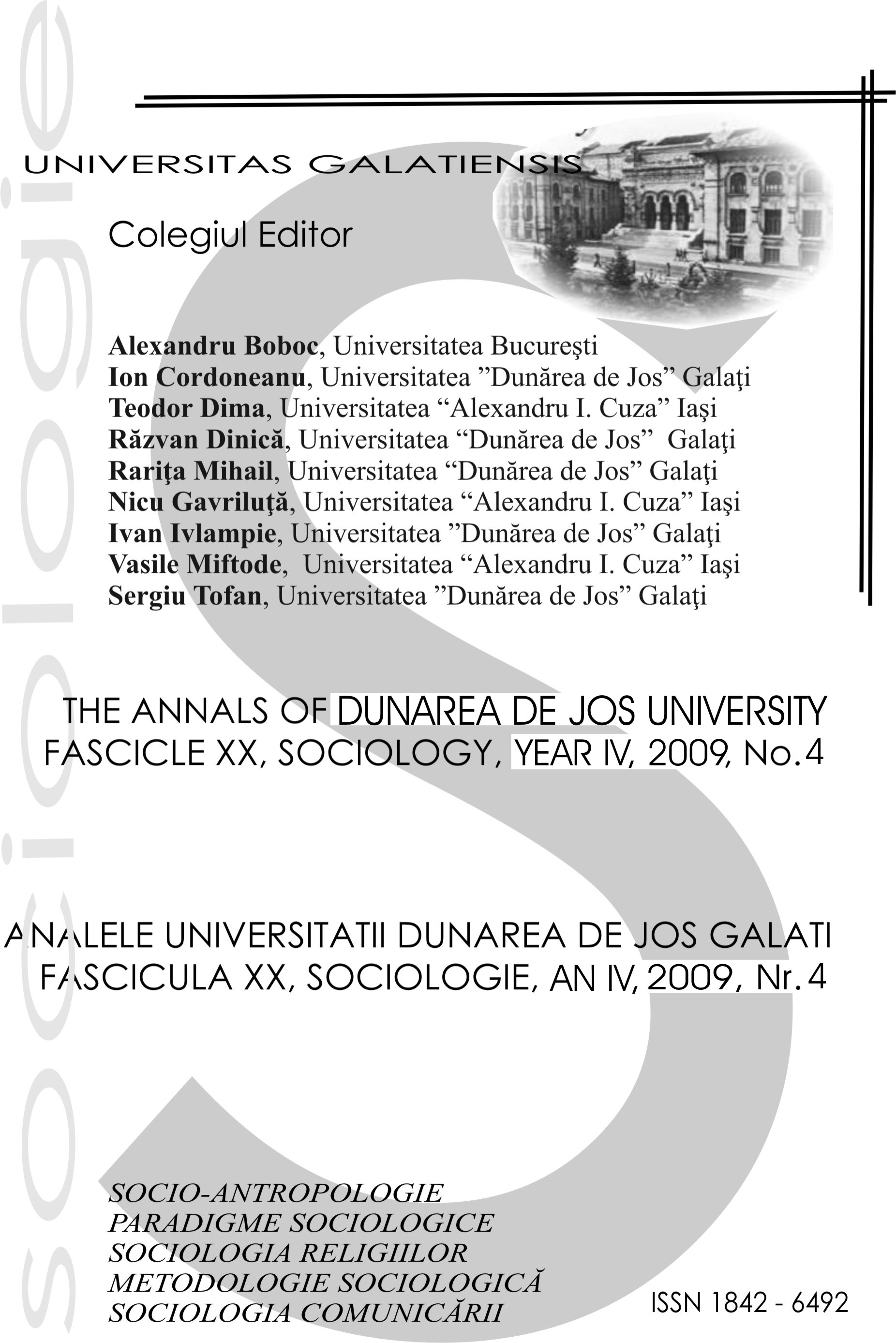Dimensiuni psihosociale şi legislative ale protecţiei speciale a persoanelor cu handicap din România
Psychosocial and Legislative Dimensions of the Special Protection of Disabled People in Romania
Author(s): Tudor GheorgheSubject(s): Welfare services
Published by: Galaţi University Press
Keywords: Disabilities; special protection; social welfare; equal opportunities; disabled guests;
Summary/Abstract: In specialized literature, the term “handicap” became dangerously fashionable at the beginning of the 90’s. The present law regarding the protection and promotion of the disabled persons’ rights, law no. 448/2006, defines the handicapped persons as “those persons who, on account of certain physical, mental or sensorial disorders, lack the abilities of performing regular daily activities, requiring some measures of protection in order to support the social recovery, integration and inclusion”. On an international scale, there is an increasing concern of the decisional organisms about providing conditions and equal chances to persons with different handicap problems. In order to determine a general framework concerning the action strategies in the field of welfare work and assistance of handicapped persons, The United Nations elaborated and promoted a set of rules which could provide those persons the same rights and obligations as the normal persons do. The National Authority for Disabled Persons (NADP) is a specialized body of the central public administration, with legal personality, subordinated to the Ministry of Labour, Family and Equal Rights. NADP coordinates the activities of protection and promotion of handicapped persons’rights, it ensures the enforcement of regulations in its own field and the control of the activities of special protection offered to Romanian handicapped persons. The legislative regulations in the field in Romania align, starting with the year 2007, with the regulations of the EU. The facilities, labour conscriptions and the services which the handicapped persons may benefit from cover all the needs of this category of population. Certain states from EU (e.g. Great Britain, Sweden, The Netherlands) have the tendency to irrevocably replace the term “handicap” by a new concept such as “a person with special needs – sensorial, physical, mental or associated”, in order to prevent and control the labelling and respect human dignity.
Journal: Analele Universității „Dunărea de Jos” din Galați, Fascicula XX, Sociologie
- Issue Year: 4/2009
- Issue No: 1
- Page Range: 131-146
- Page Count: 16
- Language: Romanian

